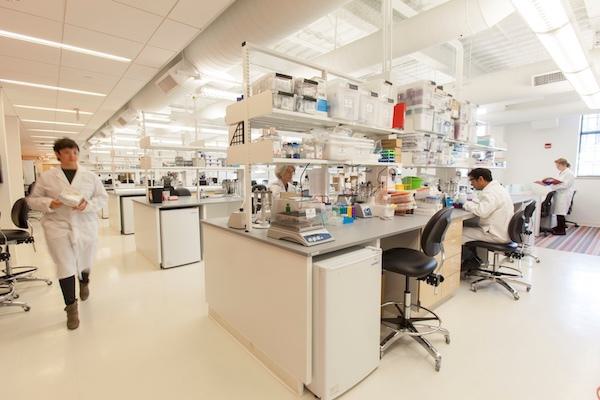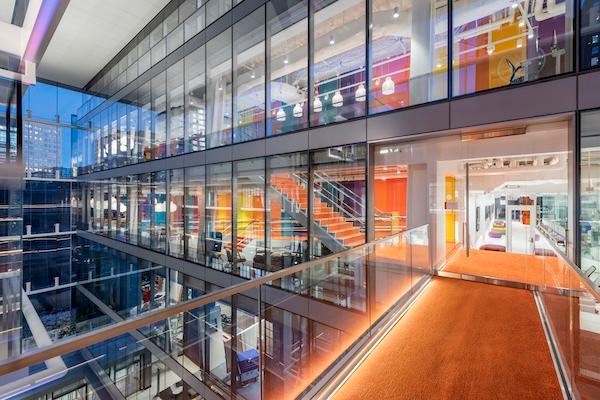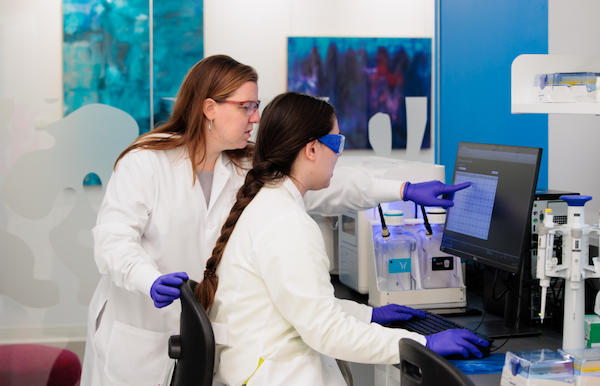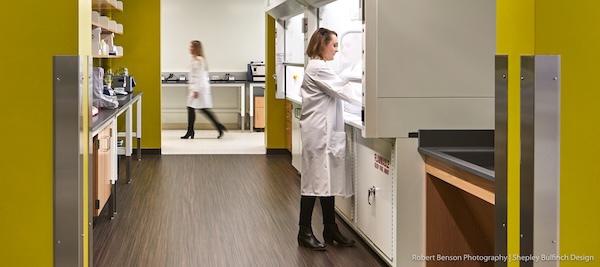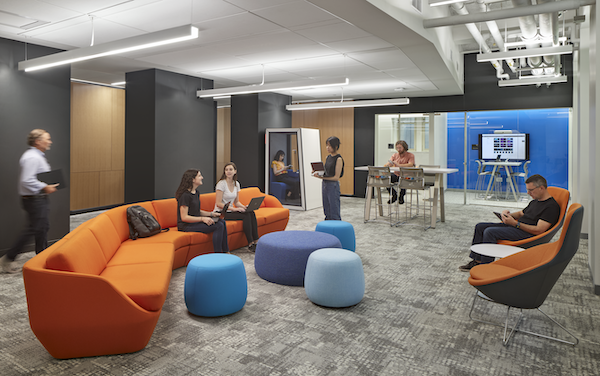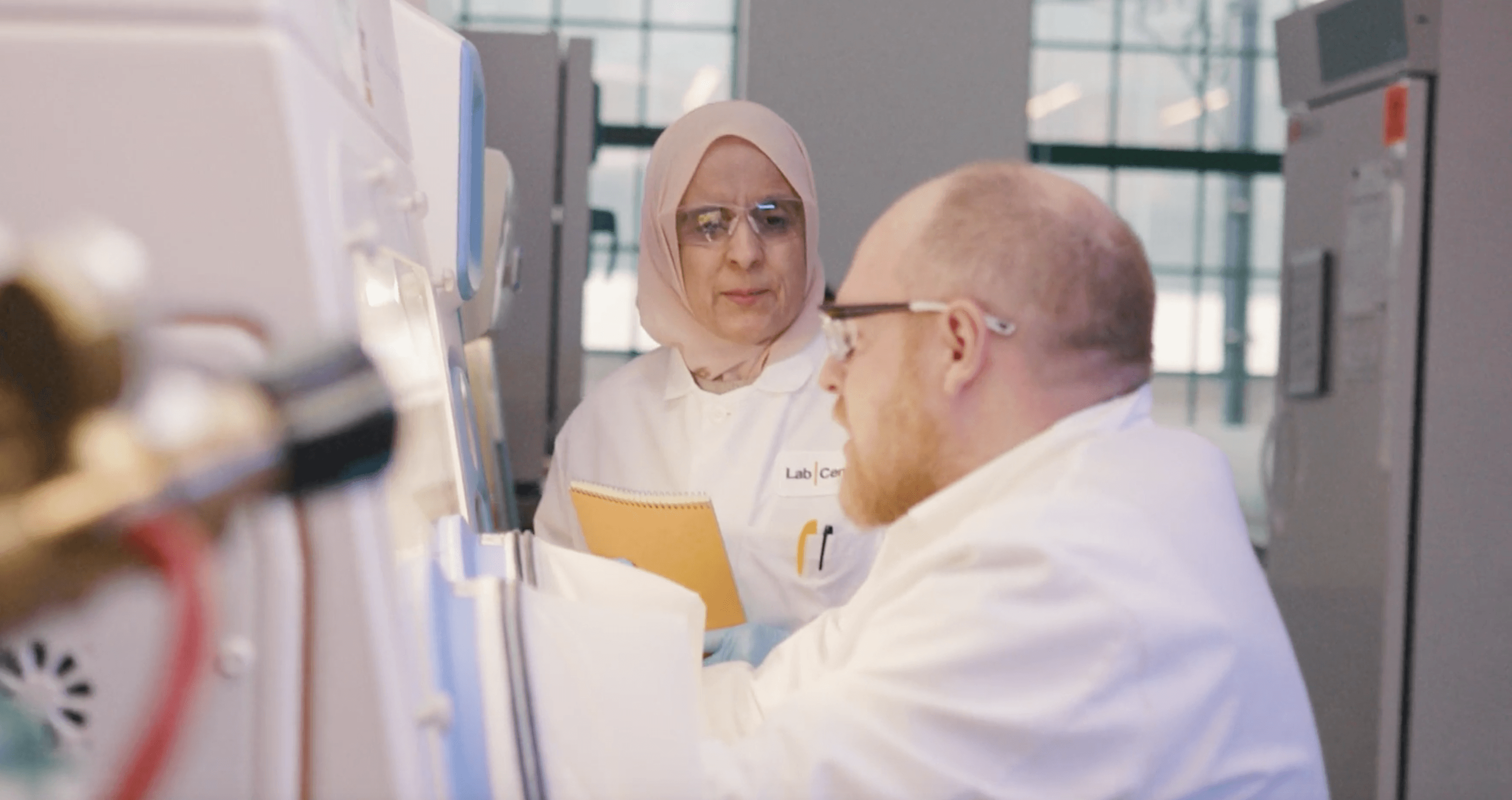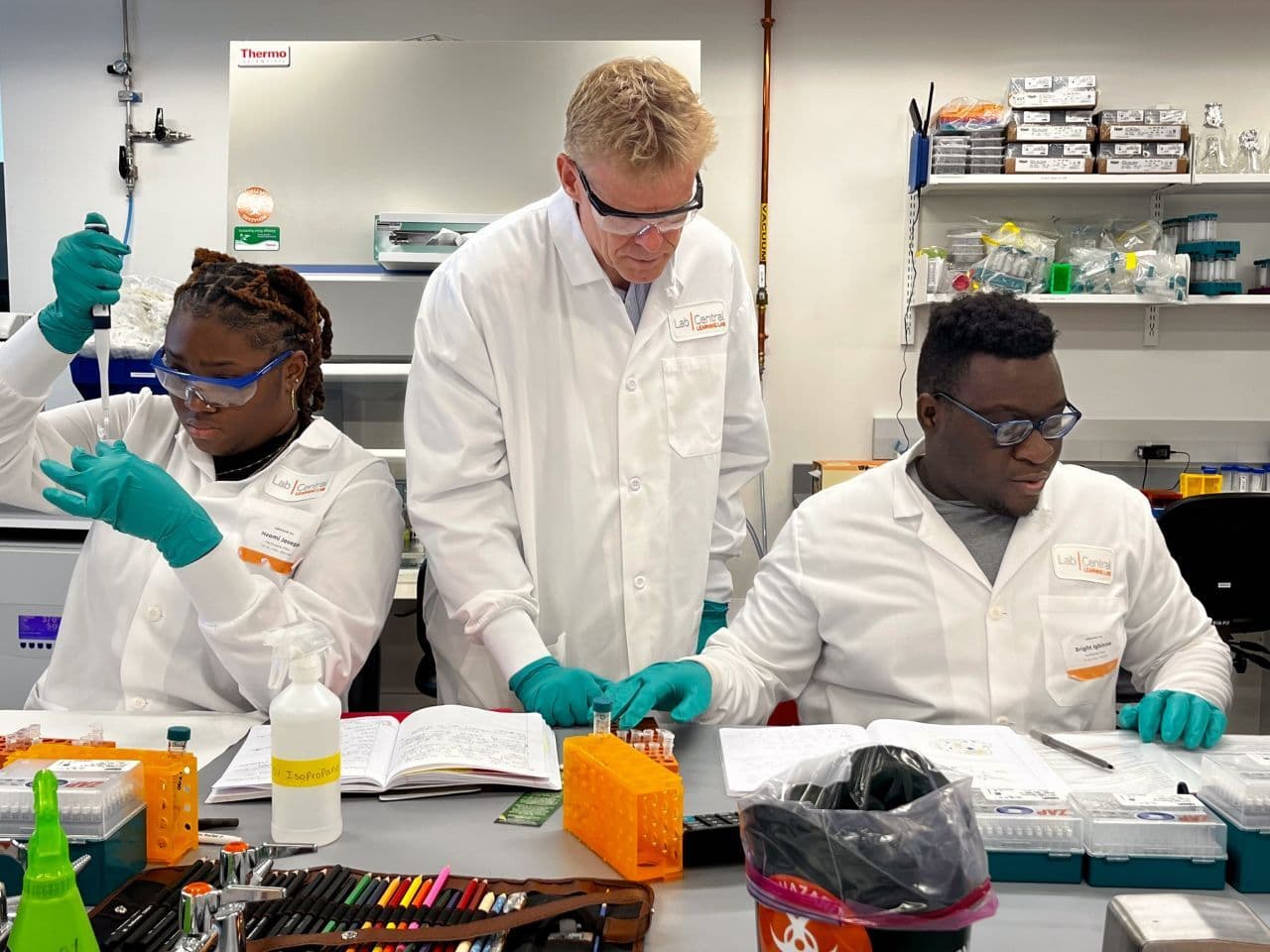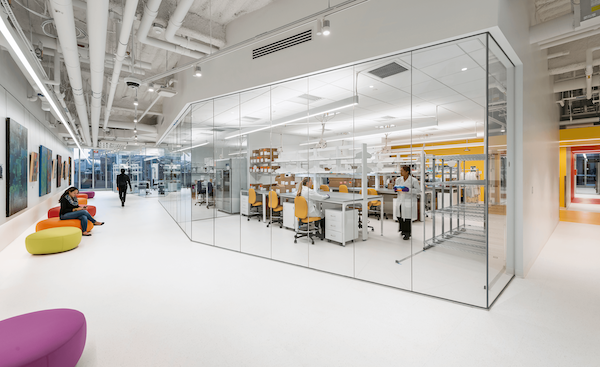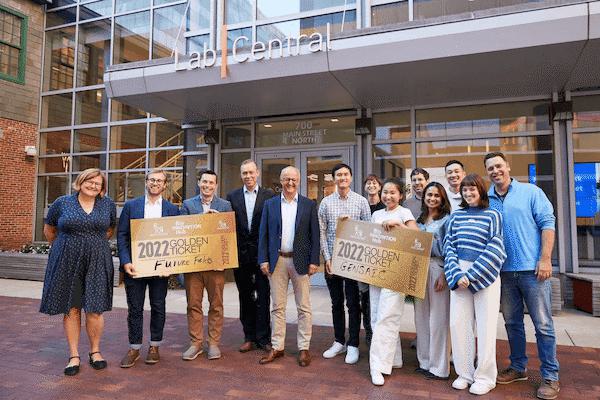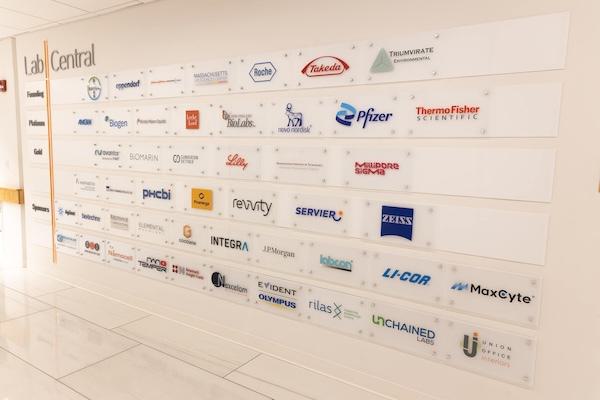Disclaimer: the views, thoughts, and opinions expressed in this blog belong solely to the individual author, and not to LabCentral or the author’s employer, organization or committee.
As part of our ongoing series profiling LabCentral resident and alumni companies, here’s a look at Catamaran Bio, an alumni organization that’s developing groundbreaking cancer therapies using the natural cancer-fighting properties of NK cells within the human body. We talked with Chief Scientific Officer, Vipin Suri, to learn more about Catamaran Bio’s work.
What research or “big idea” prompted the founding of Catamaran Bio, and how did the company get started?
Catamaran was inspired by our belief in the power of cell therapy and its potential to help many more patients than it currently does. We are, at our core, a CAR-NK company that is focused on delivering solutions for solid tumors, which is where we see the highest unmet need. Current cell therapies (e.g., CAR-T) are mostly focused on hematologic malignancies, and have some well-known shortcomings, including time to administration and potentially severe side effects of treatment that require intensive monitoring. Our vision of cell therapy is that it must be available immediately when the physician decides to prescribe it to a patient, as time is of the essence for these patients.
We also envision safe products that can be administered via a simple outpatient infusion at the physician’s office rather than requiring inpatient stays. We are deploying our TAILWINDTM Platform to develop novel CAR-NK cell therapies with many advantages over current modalities, and we believe our products will provide significant improvements in therapy for oncology patients. The start of the company was catalyzed by the coming together of three sets of folks who shared this vision: our academic founders Dr. Branden Moriarity at University of Minnesota and Dr. Catherine Bollard at George Washington University, our venture capital investors, and our entrepreneurial startup team.
What are NK cells, and why are they so important in treating cancer?
Natural killer cells are a subtype of immune cells that are specialists at recognizing and eliminating cancerous cells and virally-infected cells. They are unique in that they have multiple methods of recognizing the diseased target cells. NK cells can recognize them directly through a system of receptors on their surface that lets them launch a very precise response when they encounter cancerous cells, while sparing healthy cells.
Very recently, an exciting new development showed that NK cells can be modified by introducing a cell surface protein called Chimeric Antigen Receptor (CAR) that lets the resulting CAR-NK cells launch a powerful and specific response to effectively clear only cells that express the target antigen. This approach has produced remarkably effective anticancer responses in early-stage clinical trials in patients with certain blood cancers, while being quite safe.
Can you describe some of the breakthrough innovations of your TAILWINDTM Platform? What makes it unique in the market?
We recognized two key areas of innovation to enable our vision of developing safe and effective, off-the-shelf CAR-NK cell therapies for a broad range of solid tumors:
1) How we program CAR-NK to effectively target tumor cells and tumor microenvironment. This is enabled by a combination of our synthetic biology tools and our bioinformatics tools. We spend a lot of time analyzing what a particular tumor looks like, how to identify the tumor cells, how that tumor evaded endogenous immune responses and what sort of hurdles the tumor presents to reduce the activity of CAR-NK cells. We then use our synthetic biology platform to design highly effective attributes, which we engineer into our CAR-NK cells to identify and eliminate the tumor cells and enable our CAR-NK cells to resist the methods the tumor uses to make immune cells less effective.
2) How we manufacture the CAR-NK product. We have developed simple, cost-effective and rapid manufacturing process for these cells, utilizing a novel transposon-based cell engineering system. This new method for modifying natural killer cells will enable simpler, faster and much more cost-effective delivery of the active cells.
How (and when) do you envision these therapies impacting cancer treatment for patients in the future?
We envision our therapies impacting cancer treatment for patients in three important ways: (1) a product that is ready for infusion as soon as the physician prescribes it, (2) a safe product that can be used at community hospitals in an outpatient setting, and (3) an effective product for patients with solid tumors, where cell therapy has generally been less successful to date.
We hope to take our first product to clinical trials in the near future, and subsequently bring it to the market once the clinical benefit has been demonstrated in solid tumor patients.
What role did LabCentral play in helping Catamaran accelerate its growth and establish its own space in Cambridge?
LabCentral has been instrumental to Catamaran’s success. This is actually my second startup with LabCentral, and I was again impressed by the unparalleled lab facilities, the extraordinarily talented staff that goes out of their way to help resident companies, the outstanding community of resident and alumni companies and the flexible model for growing companies. There are three key advantages to the LabCentral experience that I think have been critical to us at Catamaran.
First, the LabCentral facilities and community were key to our recruiting efforts. The overall vibe and positive energy, the excellent lab support staff, the equipment and the camaraderie between various resident companies were all quite attractive to candidates evaluating Catamaran as a place to build their careers, especially given that we only had four staff at that time.
Second, we were building our team and starting operations in the summer of 2020, when there was a lot of uncertainty regarding COVID. LabCentral’s efforts to ensure the safety of all resident company employees gave our scientists the comfort and confidence to continue doing their work in-person at the lab.
Third, our team grew quickly, and LabCentral allowed us to make a fast and seamless move from our original space at LabCentral 700 to its “graduation space,” LabCentral 610, so we could keep generating critical data for the success of our programs as we expanded.
We left LabCentral in May of this year, but we continue to draw on the benefits of being an alumni company, including help getting set up as an organization, as well as vendor suggestions for procurement and environmental health and safety systems, among others. We also gain a lot of value from all the events LabCentral hosts and from the ability to collaborate with other LabCentral alumni companies.
What’s next for Catamaran this year and beyond?
We are laser focused on filing our investigational drug application (IND) for our first product as soon as possible, and we are excited about this for several reasons.
First, we are building a fully-integrated cell therapy research, manufacturing and clinical development organization, and we could not be prouder of our scientists, manufacturing team, and clinicians for rapidly executing on our first product. In addition, our introductory product is a first-in-class, off-the-shelf product to effectively tackle solid tumors, which we believe will be a compelling option for patients with advanced solid tumors. Finally, we plan to rapidly build a pipeline of solid tumor cell therapy products based on all the technologies we are developing around our first product.
In the next few years, we want to be the leader in cell therapy with an integrated research, development and commercial organization that is a destination of choice for the most talented scientists and clinicians and a partner of choice for physicians, hospitals and payors to bring the most effective cell therapies to patients.
